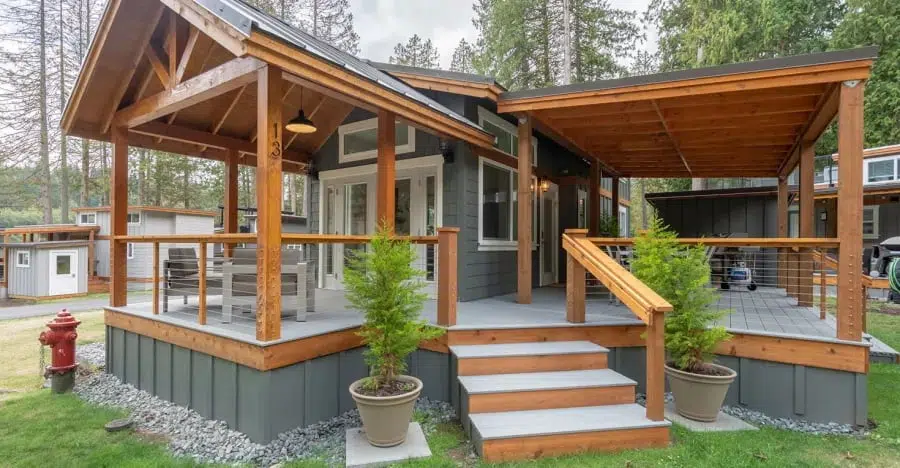Raised Gardening Beds
Raised gardening adds an aesthetic and an organized touch to your garden. They permit you to grow healthy plants and crops even if your garden soil is of poor quality. There are many raised border options that give you the flexibility to grow your garden wherever you have the space.
Choosing the border material and planning your bed is the first step. You will want to choose a material that is rot resistant if possible. Cedar is a good choice but can only last five to six years if it is buried in the ground. Composite material will last the longest but is a bit pricy.
Raised vegetable gardens offer several advantages:
Raised bed gardens warm quickly in the spring due to their exposure to the air. This gives you the opportunity to work the soil and plant earlier.
Raised gardening beds drain faster than a normal garden most of the time. This depends on the soil condition under your bed. Some people add chicken wire to the bottom as a weed guard but I don’t think that is necessary. Most weeds germinate in the upper two inches of the soil.
the soil in raised beds doesn’t get compacted because hopefully you never have to walk in them; this makes weeding and maintenance much more enjoyable. Constructing your raised bed with accessibility in mind will be beneficial in the long run.
It’s easy to tailor the soil for your raised bed to the specific needs of the plants you choose. There are some great mixtures of soil available or you can mix your own. Each spring or fall, it’s a good idea to top dress your bed with compost manure. As with any garden, mulching the top of the soil will help retain moisture and keep the weeds down.
After the initial construction process, raised beds require less maintenance than conventional garden beds. You can add watering systems to water your beds and not waste water on areas not planted. The borders keep the high quality soil in the growing area instead of being eroded into unplanted areas.
You can also stretch your growing season by keeping a cover handy for those cold nights.
Happily, raised bed gardens require very little maintenance. Moisture retention is important, because raised beds tend to drain faster than conventional beds.
Raised garden beds are attractive and an efficient way to satisfy your instinct to garden. Gardening should be an enjoyable experience. Raised beds offer many benefits and should be considered a viable option for anyone looking to relax and enjoy their garden.
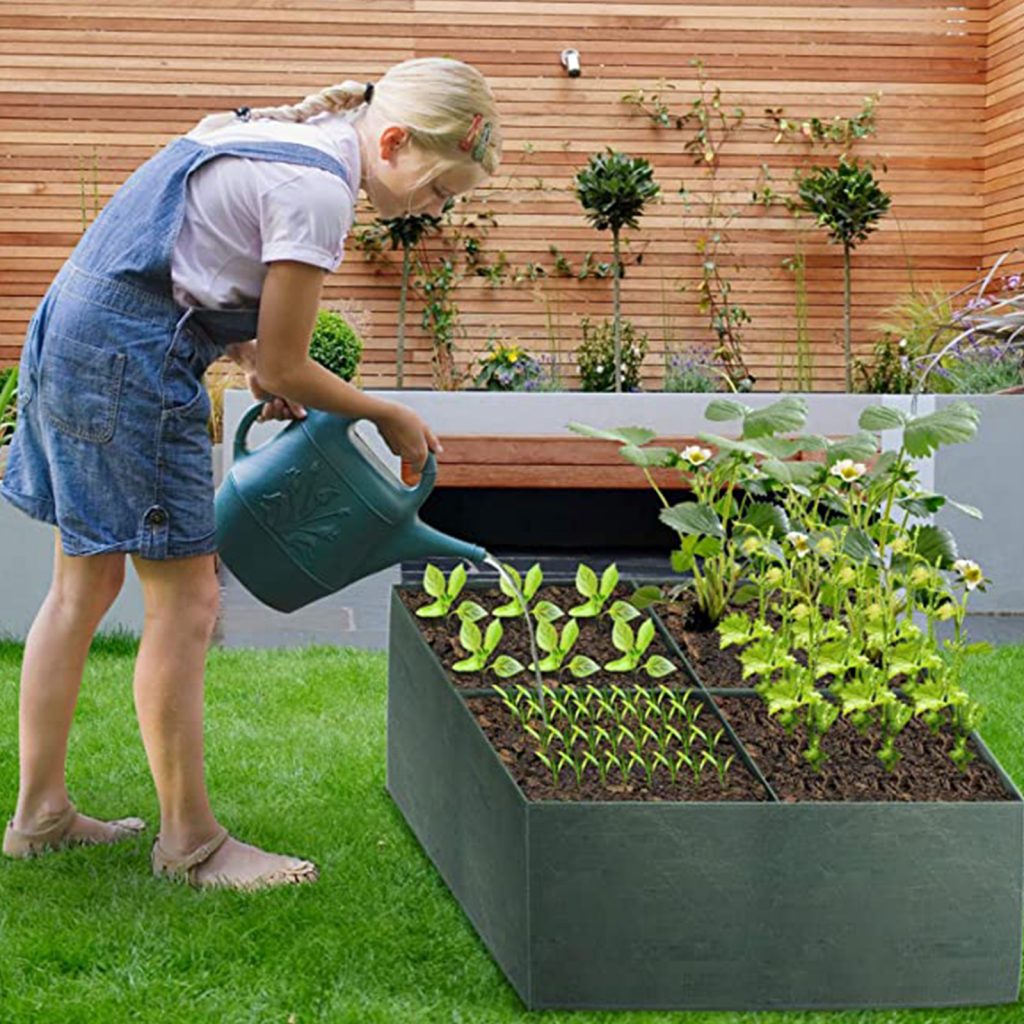
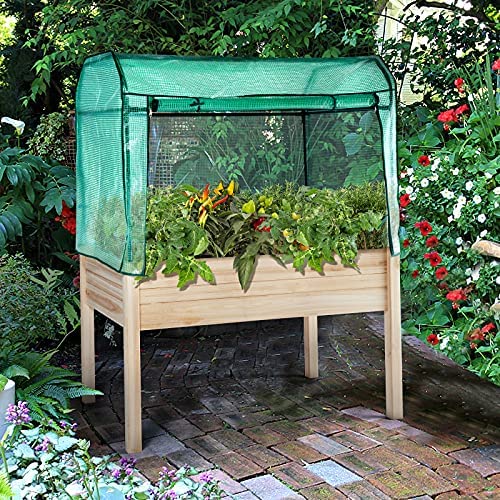
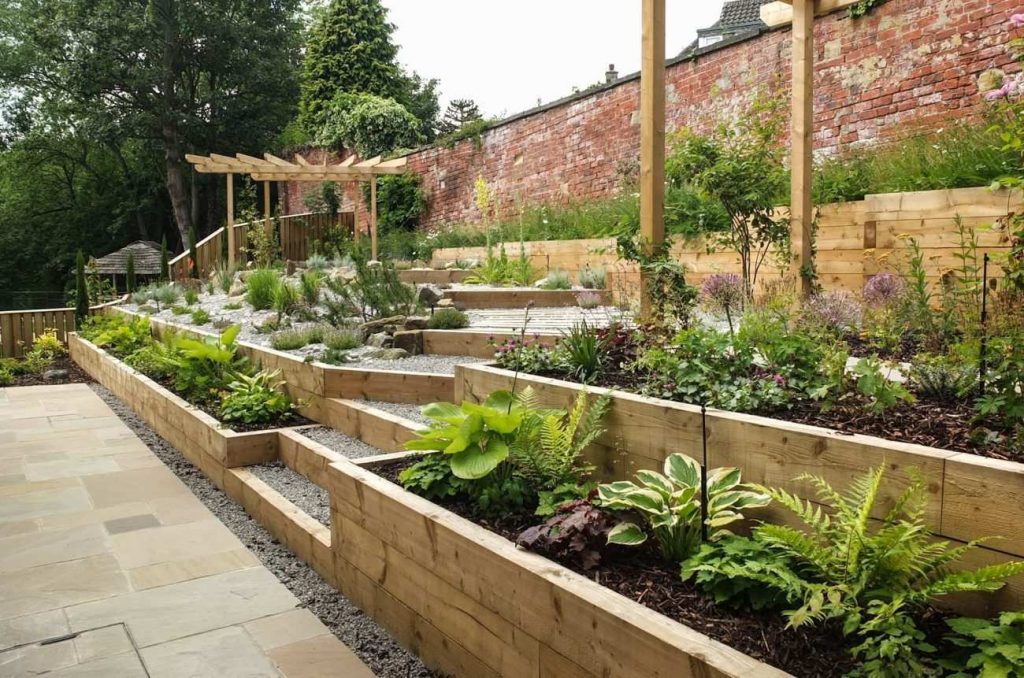
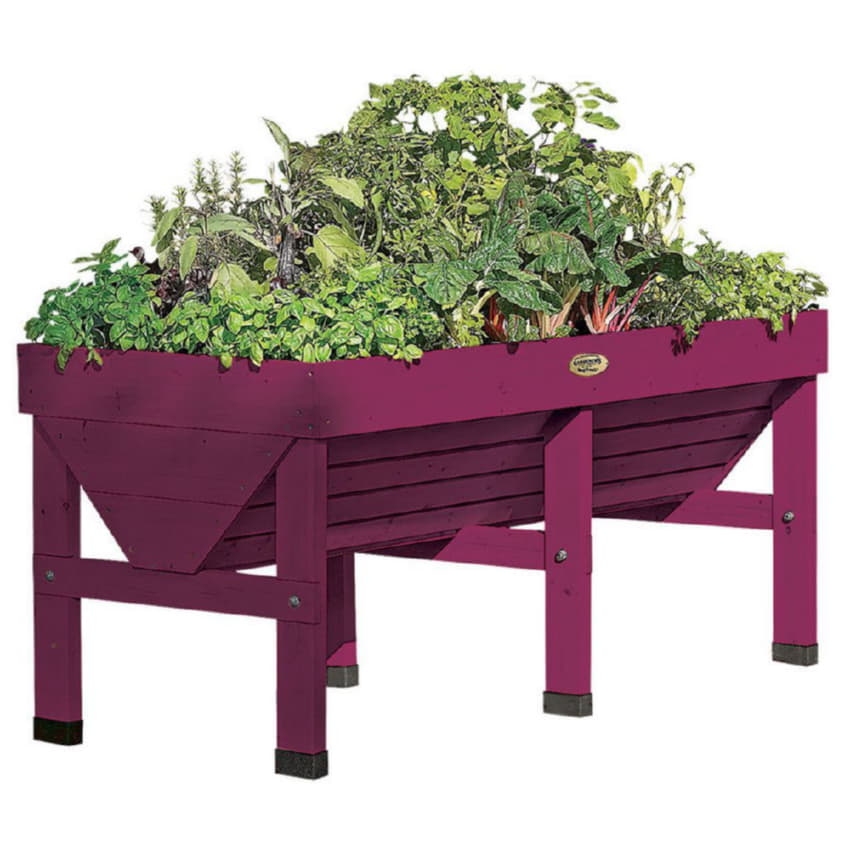
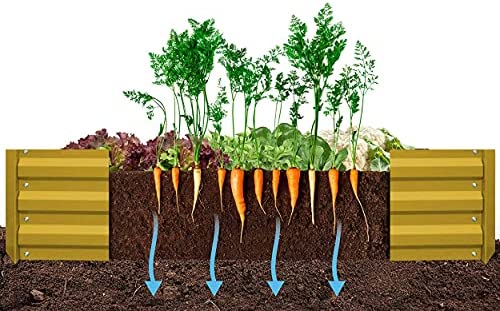
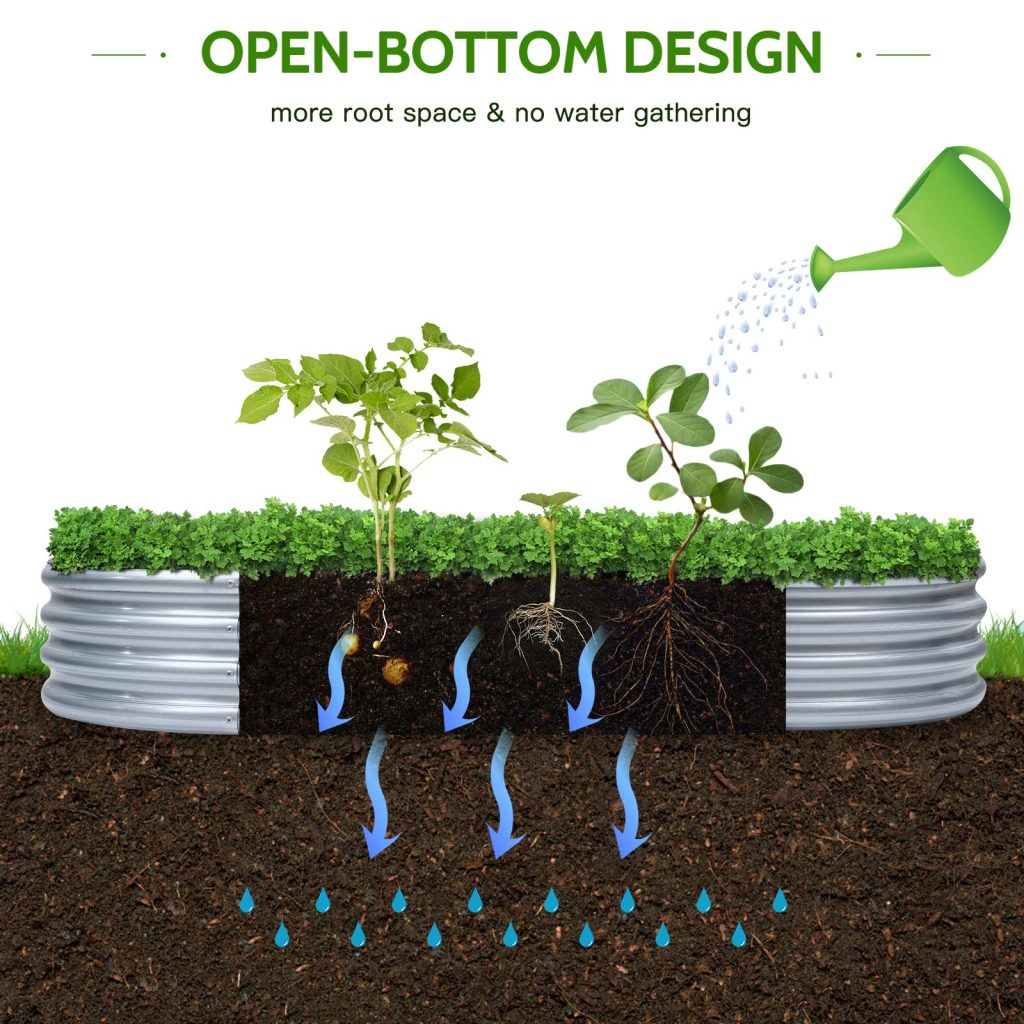

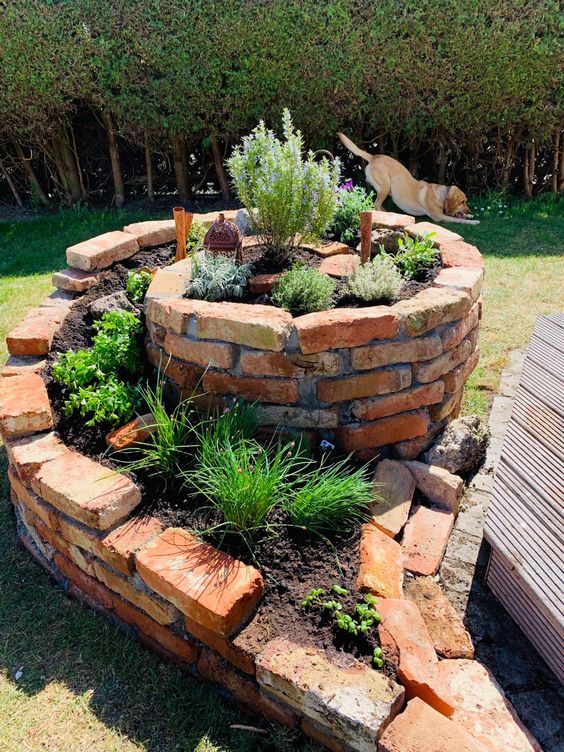
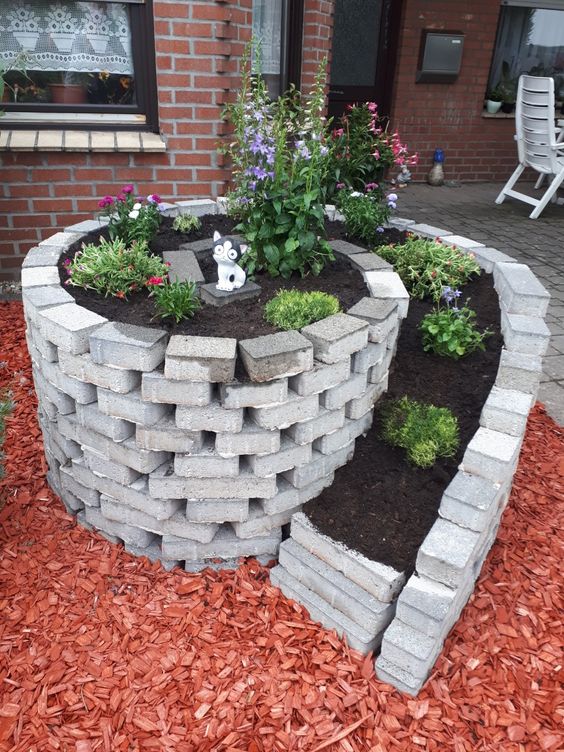
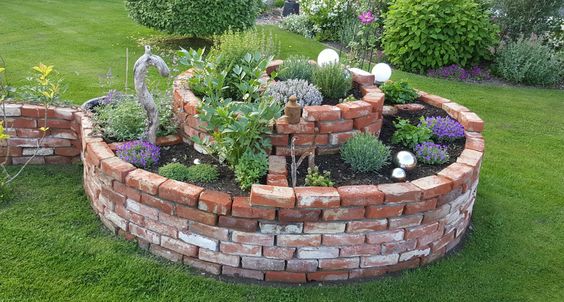
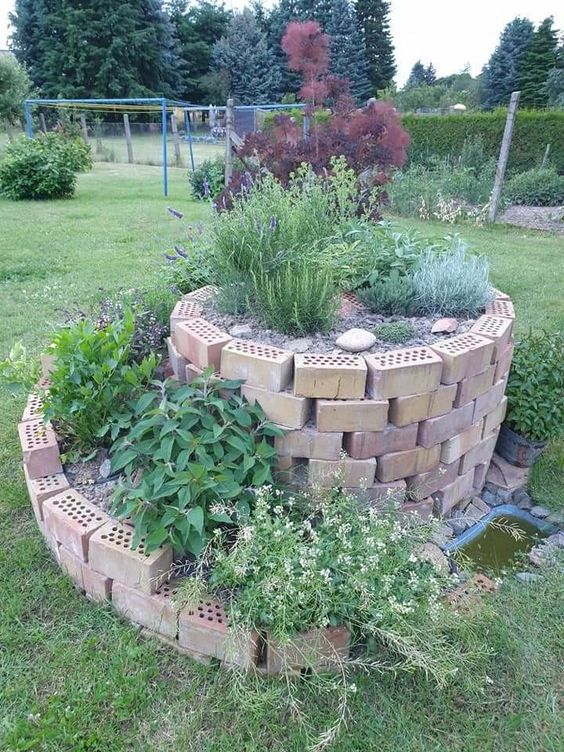
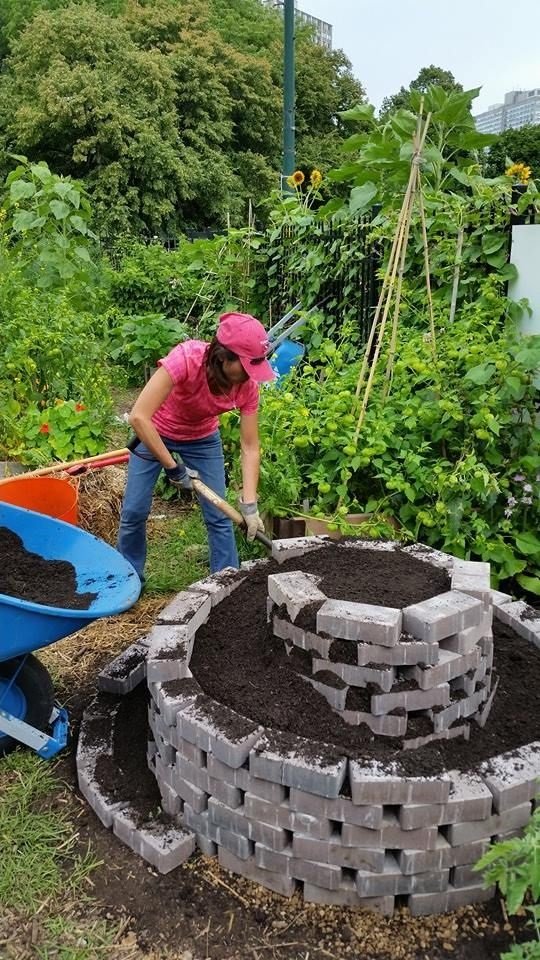
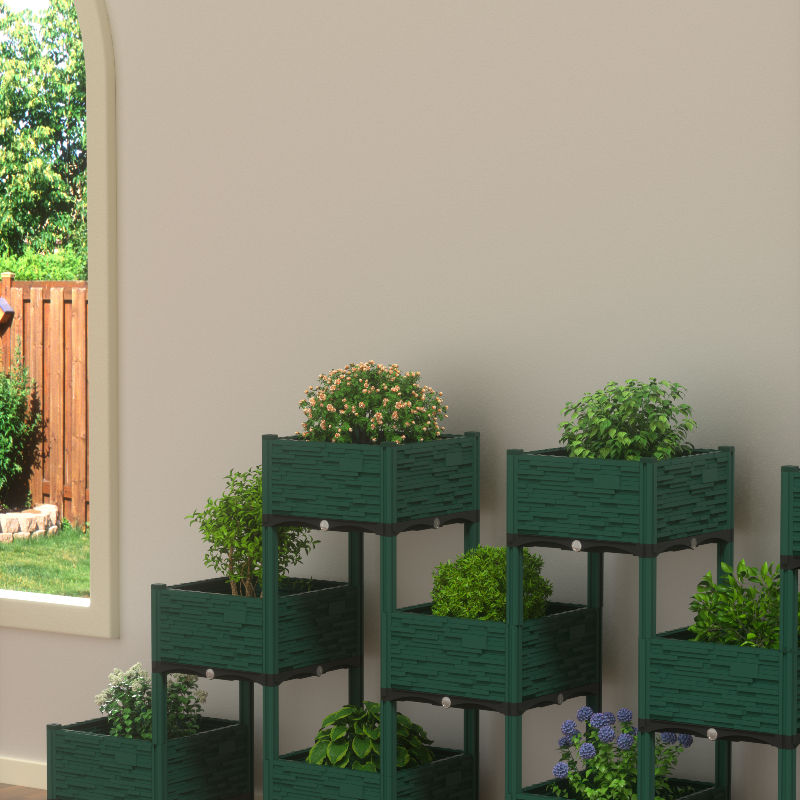
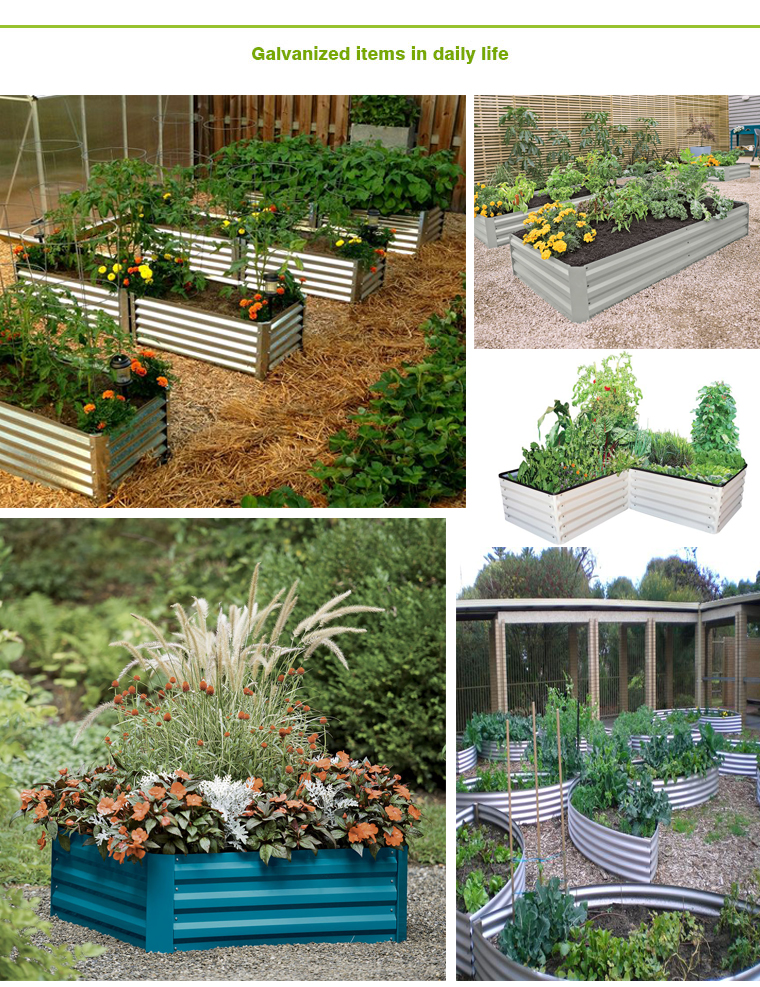
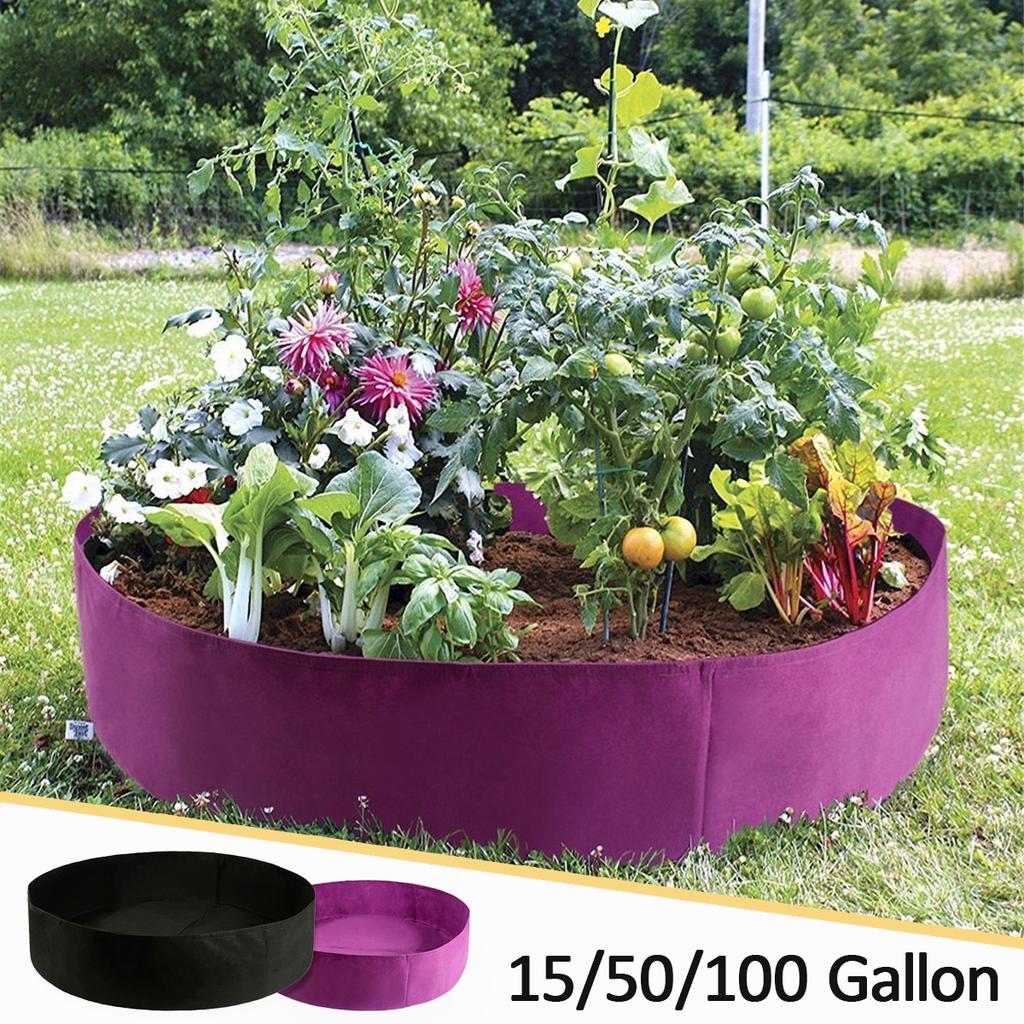
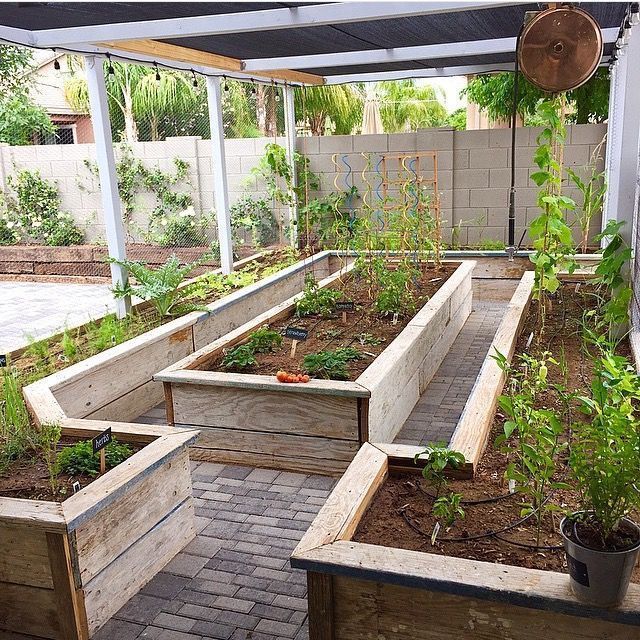

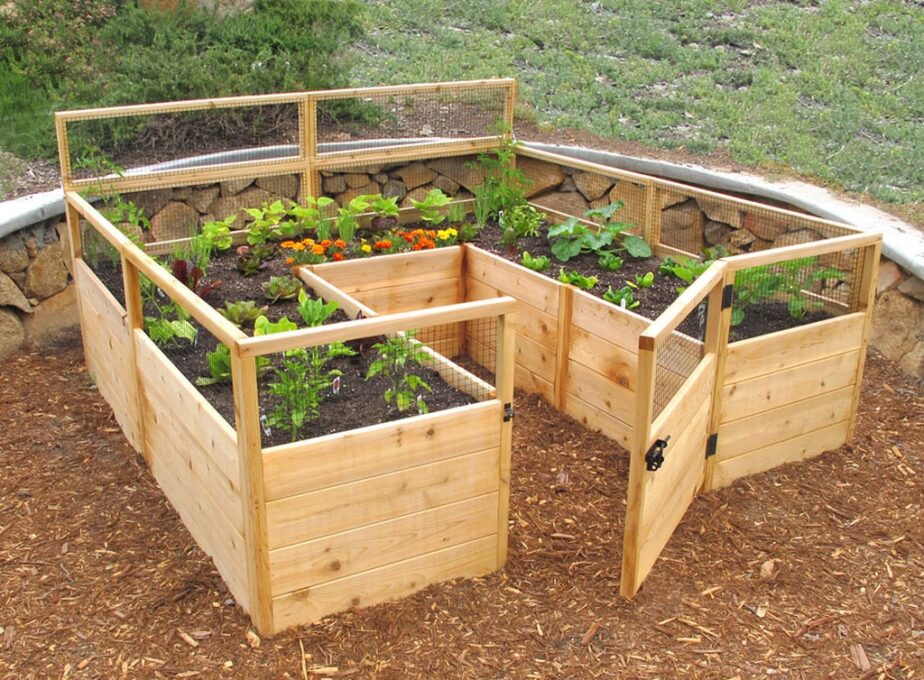
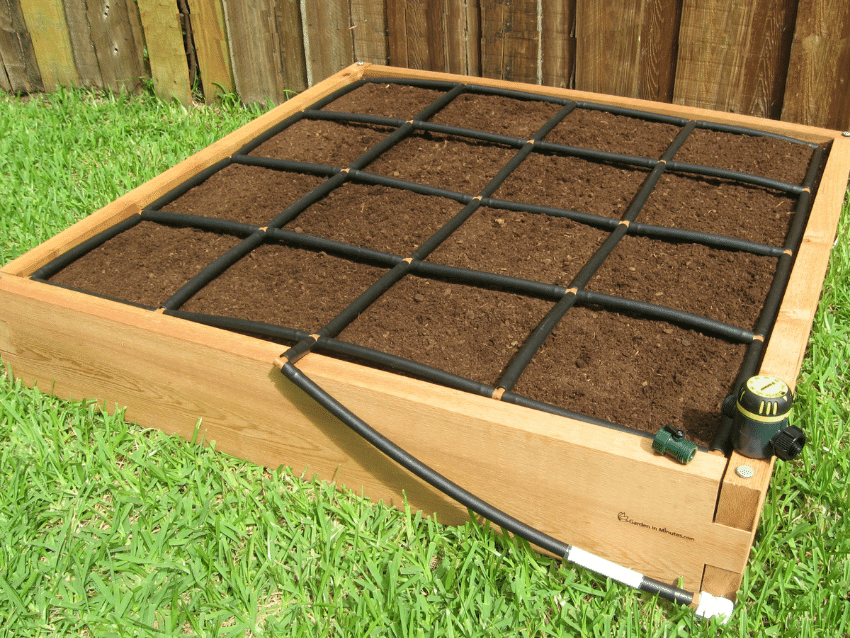
By elevating your garden area to a more workable height, this opens up gardening to a wider spectrum of people including those in wheelchairs and elderly people who generally suffer from back pain while working the garden. You are also able to place the beds in the perfect locations and can structure them for easy movement around them as well as placing them in spots in the garden that receive the optimum sunlight and shade.
Another great feature of raised garden beds is that the soil is already aerated and you are able to place the best possible soil for your type of growing. Garden bed kits are available from retailers such as Amazon which make the construction and setup of the garden quick and easy without any do it yourself experience being needed. With your raised garden bed, you will be able to harvest far more per square foot than in a standard flat bed garden. This is because you are able to control the soil levels as well as feed the soil more precisely for the type of plants, herbs or vegetables that you want to grow
Keeping your vegetable garden in a raised garden means that you can also keep little critters like moles and mice at bay a lot easier and your domestic animals will have to work a little harder to get their paws on your growing produce. Once you have your vegetable garden producing vegetables, you can consider composting scraps from your garden to keep the soil in the best possible condition and use the nutrients left over from last years harvest to promote growth this year round.
Growing vegetables, herbs and flowers is extremely rewarding and having the ability to grow produce that would normally not be possible means that you can become far more self sufficient. While it may seem strange, many people who grow their own food find that it tastes that much better for knowing that it came from their own backyard.














